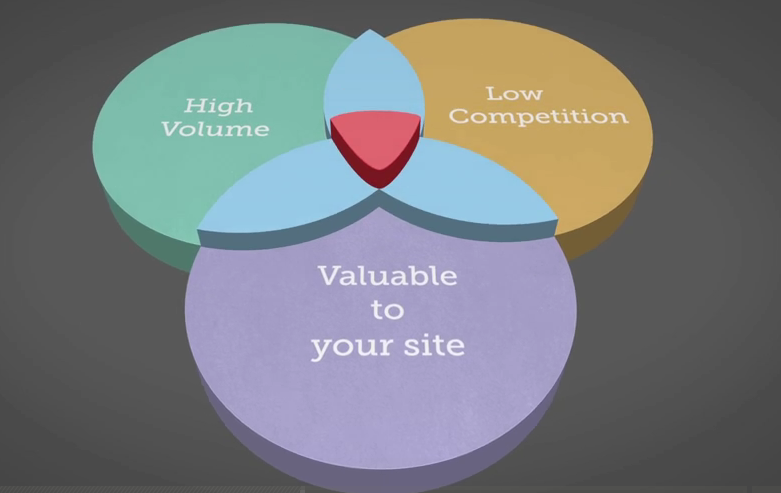When will my website rank number one on Google?

Every business and website owner dreams of ranking in first place on Google. Why wouldn’t they? After all, Google’s number one search result gets 33% of search traffic, with 95% of traffic going to those on the first page- leaving just 5% for the remaining pages. SEO web solutions help to optimise your website so you can rank as highly as possible on those search engine results pages - but how long does it really take to rank on Google and climb up to that elusive number one spot? And how can you help to speed things along? Read on to find out…

The long hard slog to the top spot
One of the most common questions we’re asked by our clients is “How long will it take me to rank number one on Google?”. The Google top spot is a much coveted position - and it can take longer to get there than people think. The average web page appearing on the first page of Google is over two years old, whilst most pages in the top spot are at least three years old. In fact, just 22% of pages on the first page of Google were created within a year, showing that it isn’t just a case of just creating your website and being instantly discovered by Google (sorry!). The reality is that those who hog the top spot didn’t get there by luck - they did it with a clear SEO web solutions strategy, by creating quality content and most importantly, by sticking to it and working hard. So how did they do it?
By being patient and keeping at it
When it comes to search traffic, 94% of users prefer organic results to paid ads. However with everyone competing for the top spot it can be hard to climb up the ranks - and we’re sorry to say that the hard work isn’t over once you get there either. It takes at least three to six months to see the results of an SEO web solutions campaign and over two years to get on the first page - and you need to continue the work hard once you’ve made it, too. Of course it goes without saying that every website is different - some might not take as long whereas others might need more time. But the important thing to remember is if you really want results you need to stick to your strategy, put the work in - and above all, you need to be patient.
By selecting highly effective keywords
Google handles over 50,000 search queries every second - and that's a lot of search results. If you want to cut through the results and be seen above your competitors, you need to target the specific keywords and phrases your customers are searching so they can find your website. It’s all about striking the balance between high intent, low competition and high volume keywords:

Once you’ve identified your keywords, you can create content around them so you are publishing exactly what your target audience is looking for. It’s no longer about stuffing as many keywords as possible into your pages; instead a general rule of thumb is just to focus on one or two long tail keywords per page. Check out our guide to keywords for more info.
By creating high quality content
Content is at the very heart of your SEO web solutions. To put it simply, without content, your website won’t rank - and solid content marketing is all about your prospects finding, sharing and following your brand. By creating valuable, high-quality content that’s targeted to your audience, you’ll attract visitors to your website who will then read and share it, which will help with link building and result in increased visibility and higher ranking. As part of your content strategy we’d recommend publishing new blog posts as often as possible (at least every week) - and don’t forget to weave your keywords into your content, too! Find out more about content marketing strategy here.
By linking to and from other pages
Search engines use links to analyse websites and their popularity, so whenever you post a new blog, make sure you include at least one internal link to another page on your site. This helps Google understand what your site is about, as well as keeping visitors on your site longer because they will be tempted to explore. A great way to do this is to create a topic cluster model whereby a single pillar page acts as the main pillar of content that is surrounded by cluster pages which link back to it, and vice versa. This helps to create a web of structured links so that all pages work together, helping to boost SEO.
So in answer to the question “When will my website rank number on Google?”, unfortunately there’s no clear, one-size-fits-all answer. However, with a solid strategy and hard work, you will begin to watch your website climb up the ranks - promise! If you’d like to find out more about how a solid SEO web solutions strategy could help you to improve your ranking, download our beginner’s guide to SEO.

Ready to Unlock AI SEO for Your Business?
AI SEO isn’t coming — it’s already here. Capture high-intent traffic and build sustainable pipeline growth.
Get Your Free Audit

